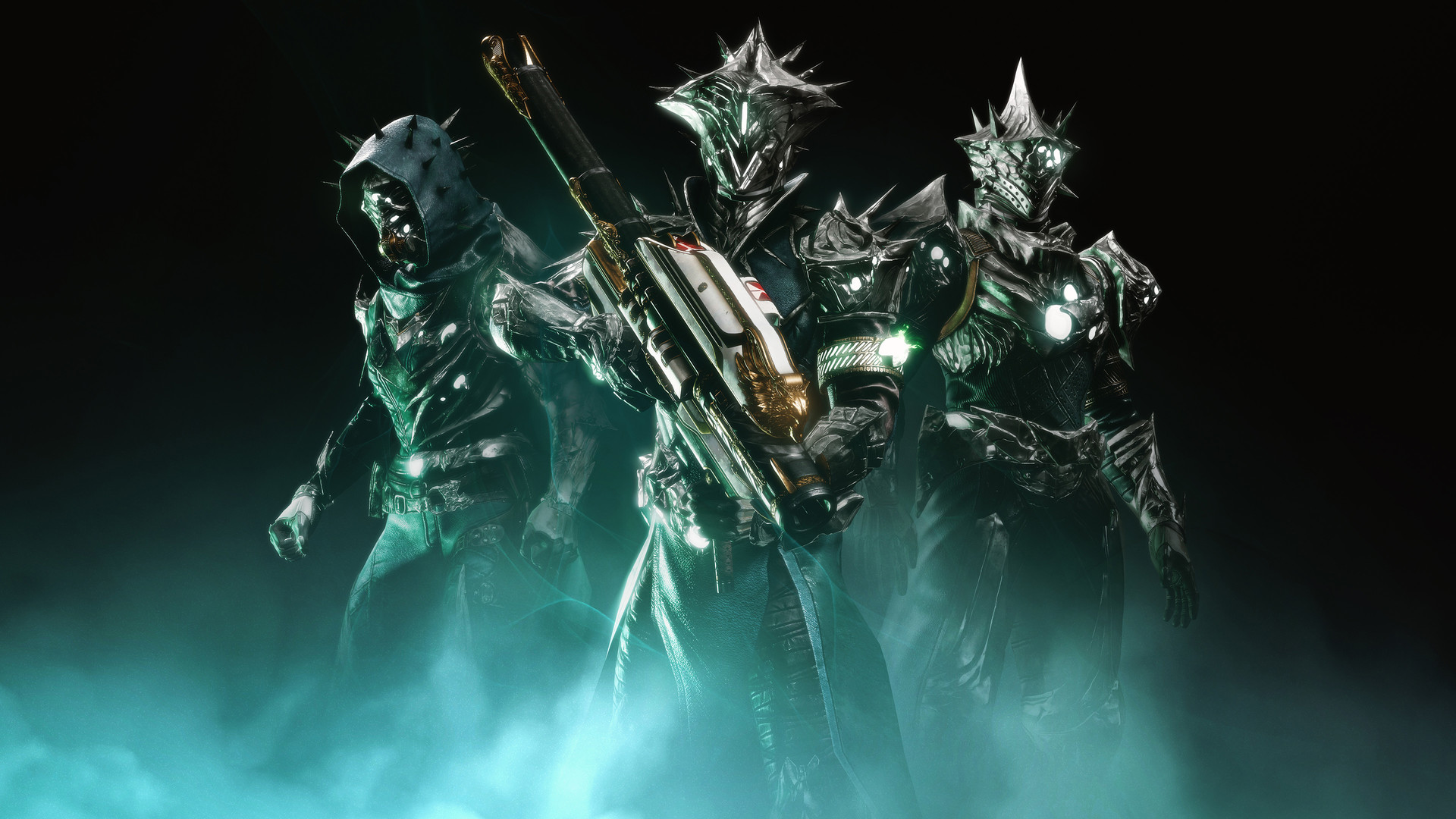Sony spent $1.2B to retain key Bungie talent as part of acquisition deal
Sony has big plans for live games and growth on PC, and it's relying on Bungie to help make it happen.

It's not uncommon for game company acquisitions, especially big ones, to result in layoffs. Fortunately for employees of Bungie, Sony's recent acquisition of the studio doesn't appear headed in that direction. A Washington Post report says Bungie leadership assured employees that there will be "absolutely no layoffs" and no "major" restructuring once the deal is finalized, and in fact roughly one-third of the $3.6 billion Sony spent on Bungie will go toward ensuring that employees stick around.
That figure comes from Sony's Q3 2021 financial statement, which understandably spends a good bit of space on the Bungie buyout, and puts particular emphasis on the fact that Sony is interested in a lot more than just the Destiny franchise.
"The strategic significance of this acquisition lies not only in obtaining the highly successful Destiny franchise, as well as major new IP that Bungie is currently developing, but also in incorporating into the Sony Group the expertise and technology that Bungie has developed in the live game services space," the report says. "We intend to utilize these strengths when developing game IP at the PlayStation Studios and as we expand into the live game services arena."
Sony said it plans to launch more than 10 live service games by its 2025 fiscal year, which ends on March 31, 2026, and it intends to rely heavily on the "wealth of experience and superb technology in the space" Bungie has earned with the Destiny franchise to help make it happen. It's also going to rely on Bungie's expertise to help it continue its expansion onto non-PlayStation platforms.
"We view the deployment of our game IP on multiple platforms as a major growth opportunity for Sony, as has been evidenced by the success of the PC versions of God of War and other first party games," Sony said. "Through this acquisition, we intend to acquire new users and increase engagement on platforms other than PlayStation, which will enable us to significantly advance our long-term growth strategy of further expanding the ecosystem of our game business.
"Catalyzed by the acquisition of Bungie, we intend to accelerate the growth of our first party game software revenue, aiming to more than double the current amount by FY25."
Sony has very high expectations for Bungie, in other words, and so it's taking steps to ensure that its people stick around. Roughly one-third of the buyout price—so $1.2 billion—is allocated to employee retention, in the form of "deferred payments to employee shareholders, conditional upon their continued employment, and other retention incentives." That money will be paid out "over the course of several years after the acquisition closes."
The biggest gaming news, reviews and hardware deals
Keep up to date with the most important stories and the best deals, as picked by the PC Gamer team.
To be clear, Sony isn't likely going to be handing out $100,000 cheques to everyone in the technical art department. The report notes that Bungie is a private company, and the majority of its shares are owned by its employees, of which there are more than 900 employees. But those shares aren't distributed equally, and so neither will the retention bonuses: Those who own the most shares—upper management, one would presume—will earn the lion's share of the rewards.
Regardless of how it's divvied up, $1.2 billion is a big chunk of change to spend to keep people on the job. But Sony expects it to pay off: "From calendar year 2014 [which is when the original Destiny launched, by the way] to calendar year 2021, the size of the global game content market doubled, driven by add-on content revenue from live game services which grew at an average annual rate of 15% during this period," Sony said. "We expect this trend to continue going forward."
I've reached out to Bungie for more information on the employee retention payment plan and will update if I receive a reply.

Andy has been gaming on PCs from the very beginning, starting as a youngster with text adventures and primitive action games on a cassette-based TRS80. From there he graduated to the glory days of Sierra Online adventures and Microprose sims, ran a local BBS, learned how to build PCs, and developed a longstanding love of RPGs, immersive sims, and shooters. He began writing videogame news in 2007 for The Escapist and somehow managed to avoid getting fired until 2014, when he joined the storied ranks of PC Gamer. He covers all aspects of the industry, from new game announcements and patch notes to legal disputes, Twitch beefs, esports, and Henry Cavill. Lots of Henry Cavill.

